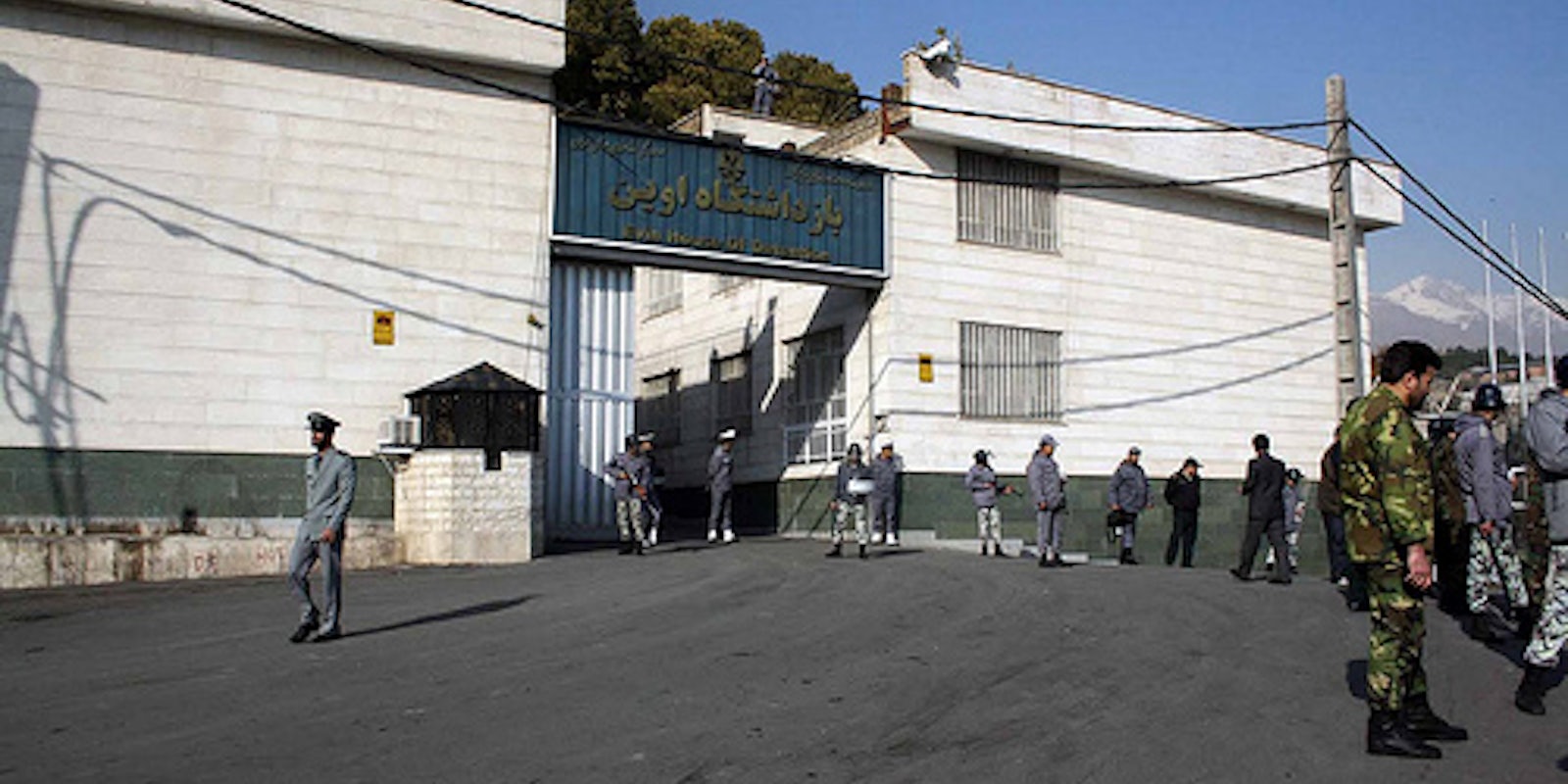The U.S. State Department has announced sanctions against five Iranian government and private organizations and against four individuals for their treatment of bloggers and journalists.
Different types of sanctions have been instituted against Iran since the overthrow of the Shah and the beginning of the Islamic Republic in 1979, but this is the first time the U.S. has directly targeted Iran’s anti-free speech activities with sanctions.
According to a statement Thursday by State Department spokesperson Victoria Nuland, as the result of a new act passed in August that took effect yesterday, this action will freeze all property and accounts held by the targets within the U.S. Named individuals and representatives of the organizations in question are denied travel to, in and through the U.S., and Americans are legally forbidden to do business with them.
(T)he U.S. Department of State reported to the Congress the designations of four Iranian individuals and five Iranian entities for having engaged in censorship or other activities that prohibit, limit, or penalize freedom of expression or assembly by citizens of Iran, or that limit access to print or broadcast media, including by jamming international satellite broadcasts into Iran, and related activities… As a result of this action, U.S. persons are prohibited from engaging in transactions involving the designated individuals or entities, and all designated individuals and members of designated entities are subject to a ban on travel to the United States. This action also blocks, or freezes, the property and interests in property of designated individuals or entities.
Those individuals and entities include Iranian Communications Minister Reza Taghipour, “who has been found responsible for ordering the jamming of satellite television broadcasts and restricting Internet connectivity”; the Ministry of Culture and Islamic Guidance and the Press Supervisory Board, “which have limited freedom of expression through their censorship and closure of numerous newspapers and detention of journalists”; and the Center to Investigate Organized Crime, which focuses less on what is commonly thought of as organized crime and more on people who insult government officials.
AFP reports that other targets include deputy commander of the Basij militia Ali Fazli, “blamed for launching attacks on foreign websites, including foreign media organizations” and chief Esmail Ahmadi Moghaddam of the Iranian national police, “who is in charge of tracking Internet activities in the country.”
Iranian software companies AmnAfzar Gostar-e Sharif and PeykAsa and their founder Rasool Jalili were also targeted for monitoring Web traffic and helping to block Facebook, eBay and YouTube. Additional targets include the country’s Revolutionary Guards’ “support network” including several universities.
Iran’s record regarding free speech is among the worst in the world. The country’s censorship regime is second only to China’s in its ubiquity and complexity, marshalling economic pressure, social pressure and legal measures.
Iran also has the horrendous distinction of being the first country to murder a blogger. On March 18, 2009, Iranian authorities in the notorious Evin prison—a prison for hardened criminals that is purposefully used as additional de facto punishment for political prisoners—killed Omid Reza Mir Sayafi. They followed that up by killing another blogger, Sattar Beheshti, just last week.
Photo by sabzphoto/Flickr


